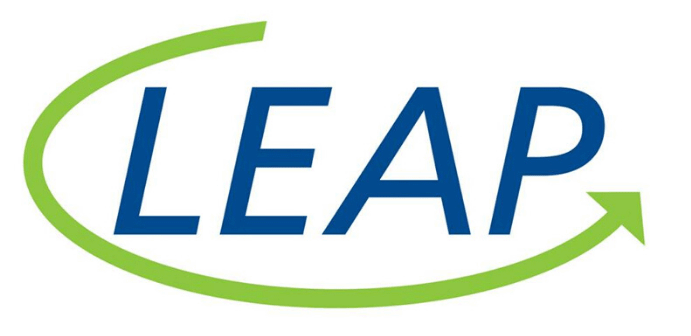Peer Support
Posted on 11/30/23 in Independent Living
by Maria Sutter, Independent Living Specialist
What is Peer Support?
This service creates an environment among people with disabilities where knowledge and experiences are shared to help with emotional, social, and practical needs.
Support can be one-on-one with a peer support advocate or in a social group setting led by the peer support advocate. This is all based on the comfort of the person with the disability.
LEAP holds weekly groups that are a safe place to connect and support each other. Topics are dependent upon those attending and their requirements.
The approach includes:
- Facilitating LEAP’s connection with the individual (consumer)
- Providing human contact to consumers who can become marginalized.
- Helping increase independent living capabilities.
- Providing emotional support
- Making referrals to other service providers
This is how it works.
Imagine this scenario: A consumer who uses a wheelchair and lives at home with his family wants to find programs outside his home to meet other people like him. He is struggling because his primary caregivers, his family, also have other jobs so they are not always available to transport the consumer or attend programs with him. This is an example where the peer support advocate and the consumer can address his desires and concerns.
The steps for the process:
- Setting goals: What does the consumer want to achieve?
- Creating strategies: How will the consumer achieve these goals?
- Assisting with research necessary to achieve goals.
- Talking through successes and failures
Peer support advocates are crucial for success.
These are individuals with a disability who share how they have dealt with struggles and challenges related to their disability. Their experience helps a consumer feel heard and able to achieve more independence.
They are listeners, creative problem solvers, coaches, role models, and mentors!
What do LEAP peer support advocates do?
They work with any LEAP consumer who is adapting to a disability or is seeking to increase their independence. Advocates keep in regular contact with the consumer to build relationships and recommend effective referrals to other community resources and service providers. Brainstorming coping skills, acting as a role model, and teaching self-advocacy skills are also important components of an advocate’s responsibilities.
Peer support is important work.
People with disabilities want to be part of the community and this tool strengthens independent living success. It can fill in gaps by supporting other needed service delivery. Most importantly, it combats isolation and helps provide a way forward towards success.



